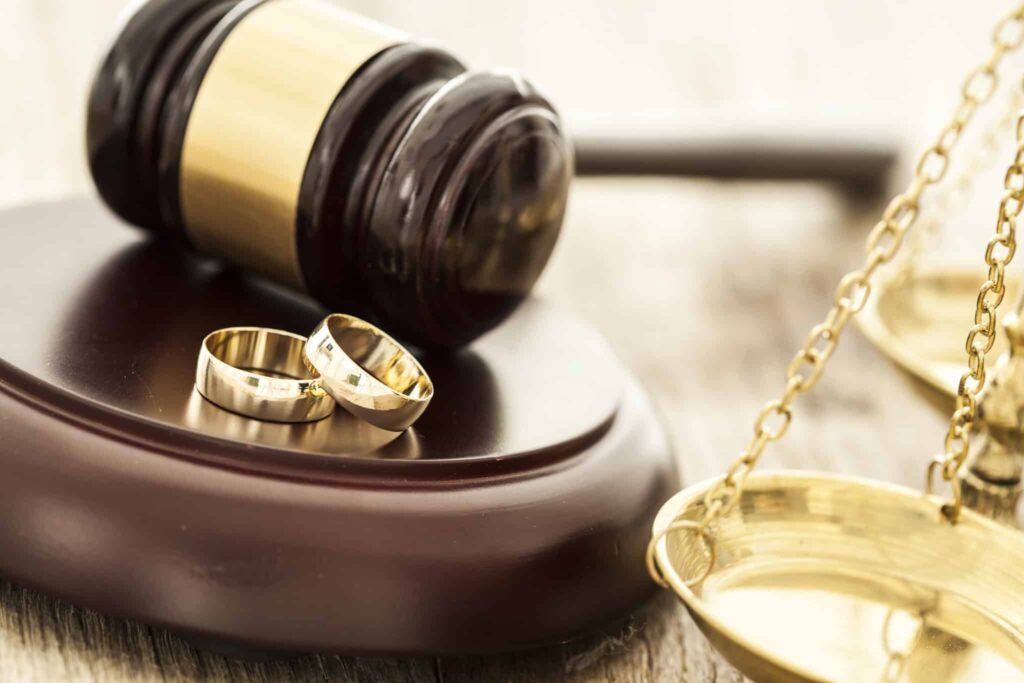Offices in Miami, Ft. Lauderdale, Islamorada & Key West
Areas of Practice
Over 40 years.
Millions Awarded.
Thousands of Families helped & Businesses protected.
Let our experienced litigation attorneys help you achieve your goals.
Get In Touch
Call us at 305-653-5555
or Fill the Form Below
Our Personal Injury practice includes representation in the following areas:
Our Family Law practice includes representation in the following areas:
- Divorce/Dissolution of Marriage
- Child Custody and Support
- Domestic Abuse
- Prenuptial & Postnuptial Agreements
- Parenting Agreements
- Paternity
Our Litigation practice representation in the following areas:
- Contract Disputes
- Real Estate Litigation
- Complex Commercial Litigation
- Corporate Litigation
Call us today and let us know how we can help you. Hoffman, Larin & Agnetti PA provides a free consultation to injury victims and their families and will not charge any fees unless we successfully recover money on your behalf. The firm also offers a free initial evaluation/consultation on most other legal matters.



